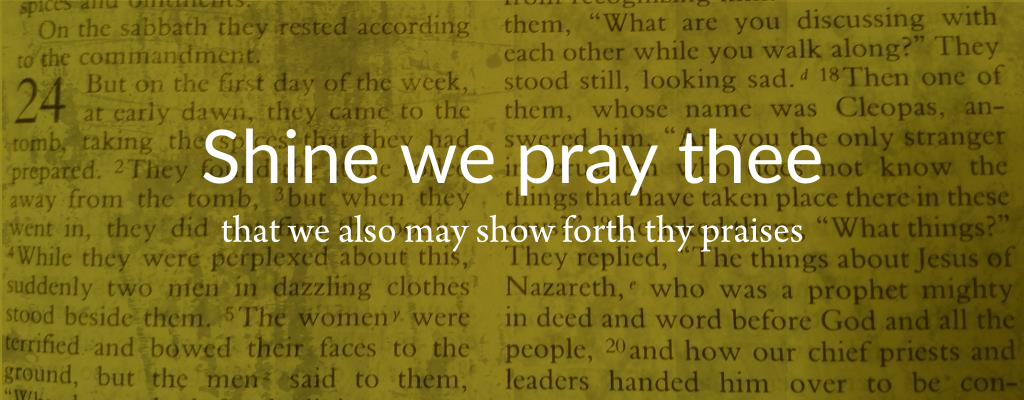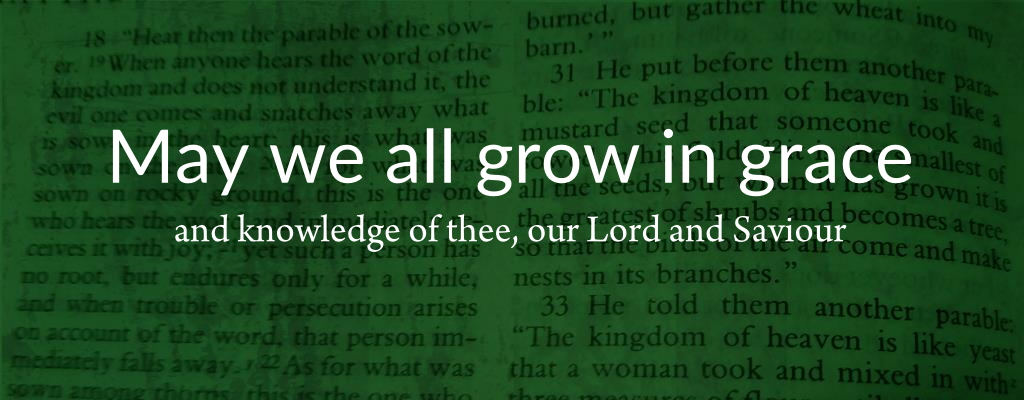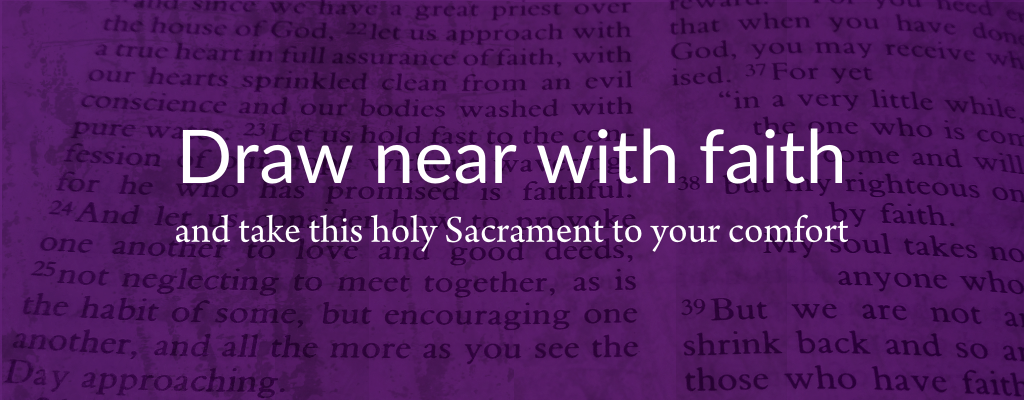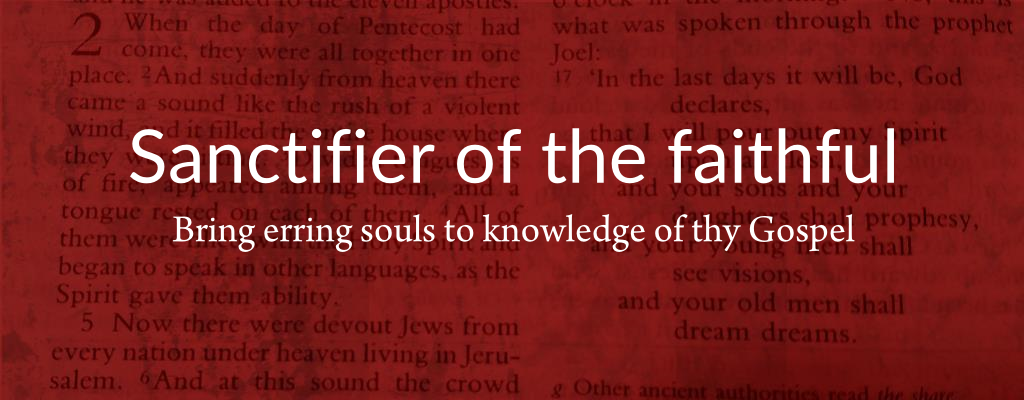News and Articles from the Prayer Book Society
-
What is common about the Book of Common Prayer? For one thing, it should not be viewed as ‘common’ in the sense of ordinary or uninspiring. Throughout the centuries, the Book of Common Prayer, along with the King James Version of the Bible have often been recognized for their uncommon beauty in the use of language. There are several other meanings that lend themselves to the name, however.
Literacy rates in the 16th century, when the Book of Common Prayer was first compiled, were quite low and most people could not read or write, the Book of Common Prayer is still chiefly considered common because it was written in English, the common language used in England. In contrast with the Church of Rome which had adopted Latin as the universal language of the mass in the West, the Church of England had restored the use of the vernacular in England, meaning that not just the priests—the only ones who would usually understand Latin—but all the people could understand the language of the prayers and if not read the prayer book itself, they would often begin memorizing it over the course of regular use.
The second meaning stems from its uniformity. It was the common prayer book of all of England, and united Christians throughout the country in their prayers. As Anglican missionaries brought spread Christianity throughout the world, the Book of Common Prayer came with them, and this meaning of common as a form of unity grew in prominence. No longer did it just refer to the common worship and prayers of people in England, but of Anglicans throughout the world.
Today, this form of unity is important. When we pray, whether it is during the Holy Communion, praying a daily office or any of the other myriad prayers within the BCP, it is a form of unity. Anglicans around the globe are using the same or similar words to bring their prayers, supplications, thanksgivings and intercessions before our Father. But one thing we should further keep in mind, when we use these prayers, we are not simply joining with Anglicans around the world, but also throughout time. There is continuity in the Book of Common Prayer. These same prayers were being offered in the 16th century in England as they are today in Kenya, Singapore, Belize and Canada. We join with Anglicans throughout both time and place, creating a chorus of prayer, similar to the unending hymn of the angels.
While there may be recognized linguistic significance in the language of the Book of Common Prayer, it is perhaps this form of transcendent unity of prayer which highlights the true beauty of this legacy of common prayer.





Leave a Comment